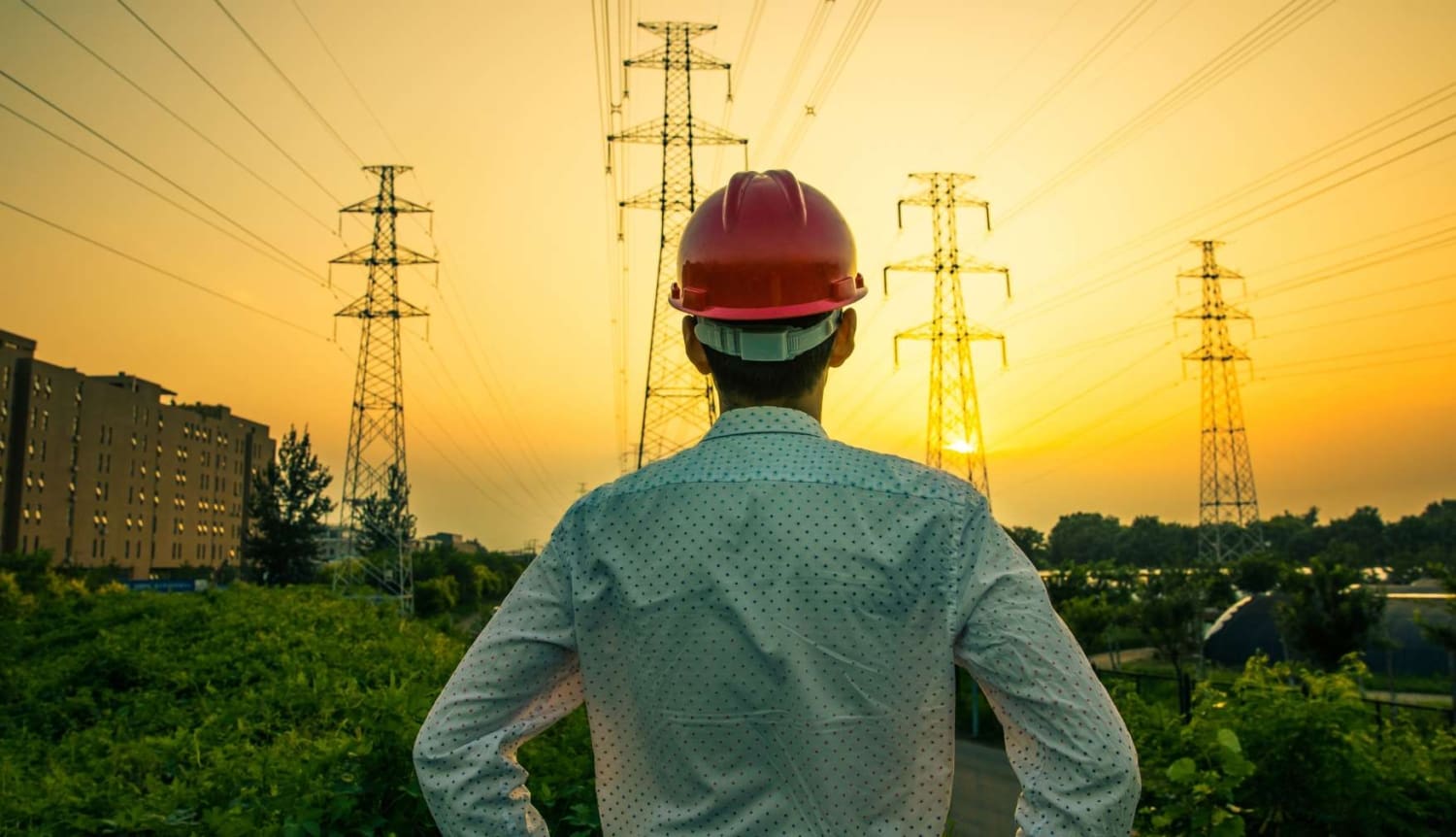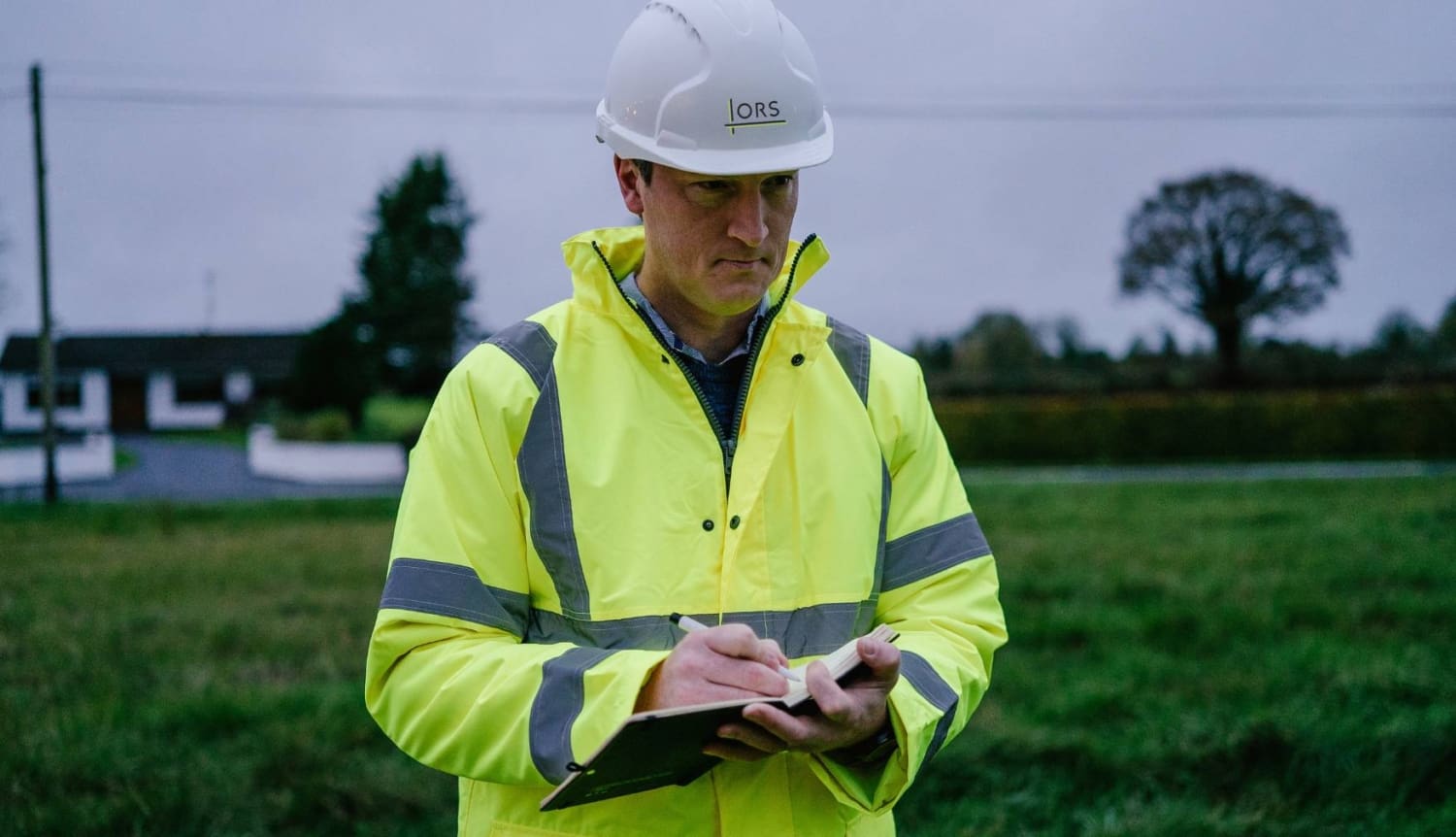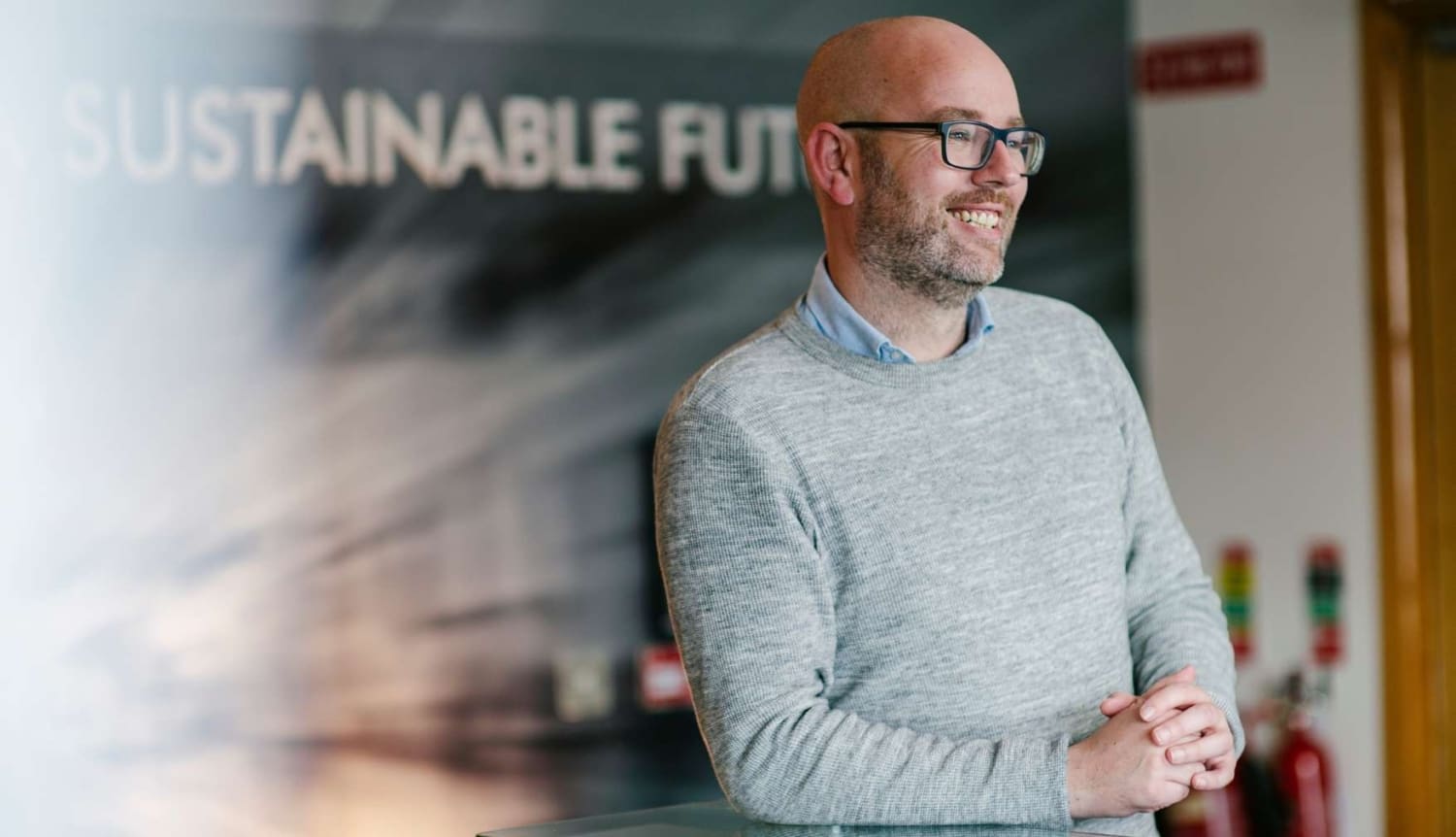Excavation Safety in Construction: Planning and Risk Assessment Excavations are an essential part of the construction process and can be one of the most hazardous tasks. Excavation works must be planned, managed, coordinated and supervised to ensure the safety and health of workers and the public. In the Safety, Health and Welfare at Work (SHWW)
Read More
“You pay for a site investigation whether you undertake one or not” this was my third-level soil mechanics lecturer’s favourite phrase. I remember thinking at that time that it sounded logical although maybe a bit exaggerated. However, it was not until I began my career consulting engineering that I fully began to appreciate how accurate
Read More
DMURS and the Introduction of Quality Audits From the 1st of January 2023, it will become essential to carry out Road Safety Audits and Quality Audits on all schemes or works on public roads, or proposed public roads in Ireland. This will also include but will not be limited to cycling, walking or active travel-related
Read More
As part of a sustainability-conscious industry and with a strong focus on environmental compliance, pharmaceutical companies work with the ORS Environmental Team because we are discreet, we deliver 100% compliance, we work to industry best practice and in accordance with their site rules and we meet their deadlines. Senior Environmental Consultant at ORS, Luke Martin
Read More
What is Part M (2010)? In 2010, the Technical Guidance document Part M ‘Access and Use’ was published. Part M (2010) provides guidance on best building practices for adequate access and use of a building and its environs. Part M (2010) also ensures that buildings are designed to be accessible for people of all ranges
Read More
testGreen for Micro Programme (GRM) The energy sector has experienced a significant increase in fuel costs over the last twelve months. This has prompted businesses to revaluate their energy use to find ways to reduce energy costs. Small businesses and remote working hubs are being offered the opportunity to cut their emissions and save on
Read More
The Office of Public Works (OPW) have several regulatory functions under the 1945 Arterial Drainage Act and S.I 122/2010 (Assessment and Management of Flood Risks) Regulations, including Section 50 approval. Section 50 requires that inter alia: “No local authority, railway company, canal company or similar body and no industrial concern may construct any new bridge
Read More
Flooding is a natural process. It occurs when a combination of events, including overflow of riverbanks, coastal storms, and deluges on inadequate drainage systems. A flood presents a risk when the potential to damage people, property or the environment arises. Due to the growing consequences of climate change, the frequency and severity of flooding have
Read More
What is Active Travel? Active Travel is the term used to describe travelling under your own energy for a purpose. At its simplest form, it means travelling by walking and cycling. However, given the capital expenditure invested in providing increased infrastructure around motorised transport over the past 30 years, it is difficult for active travel
Read More









